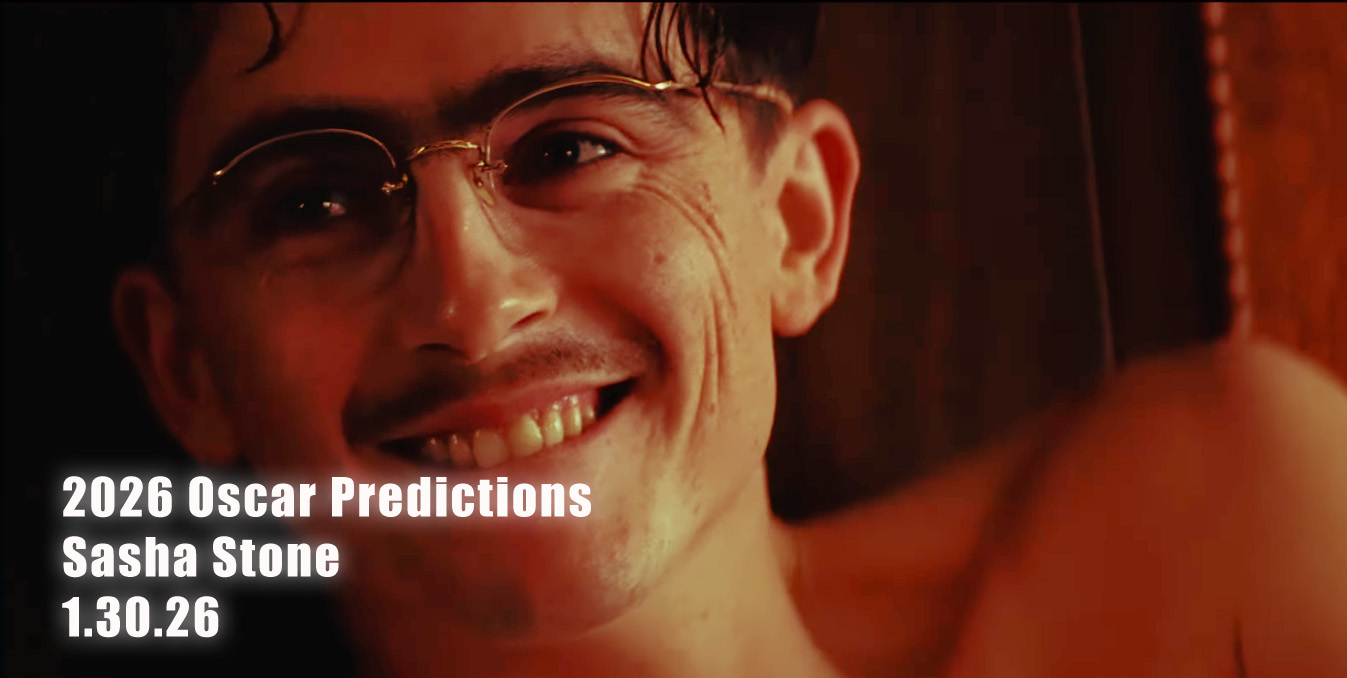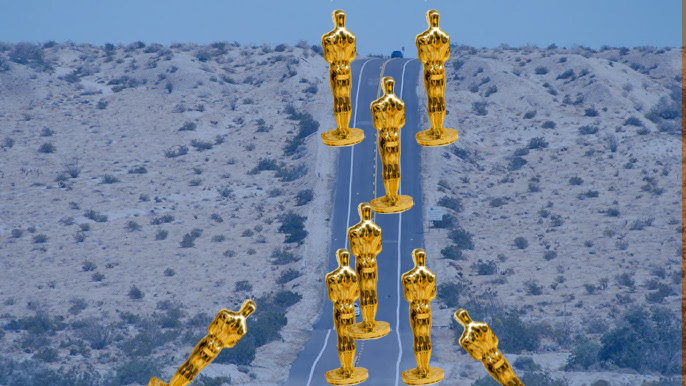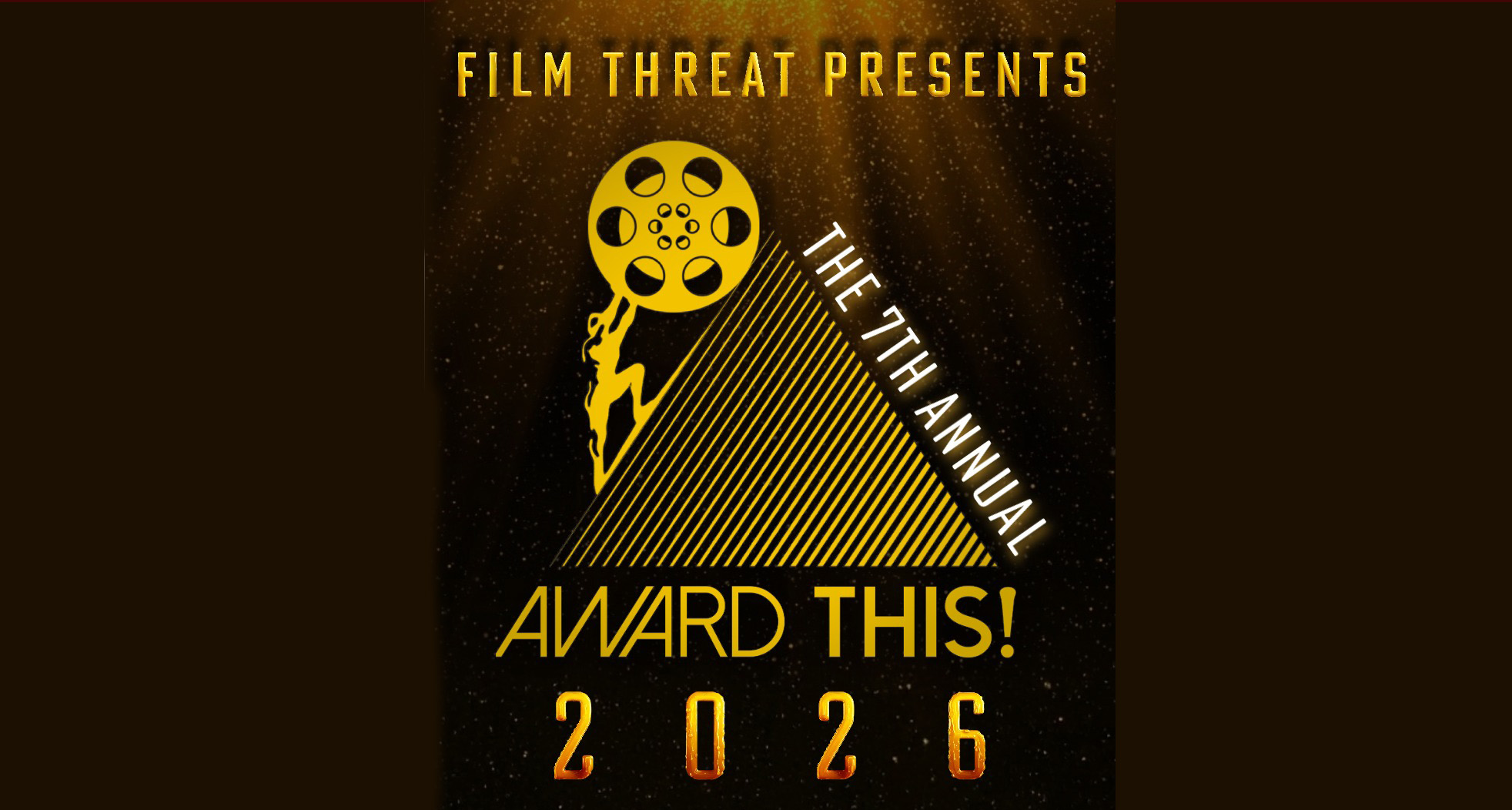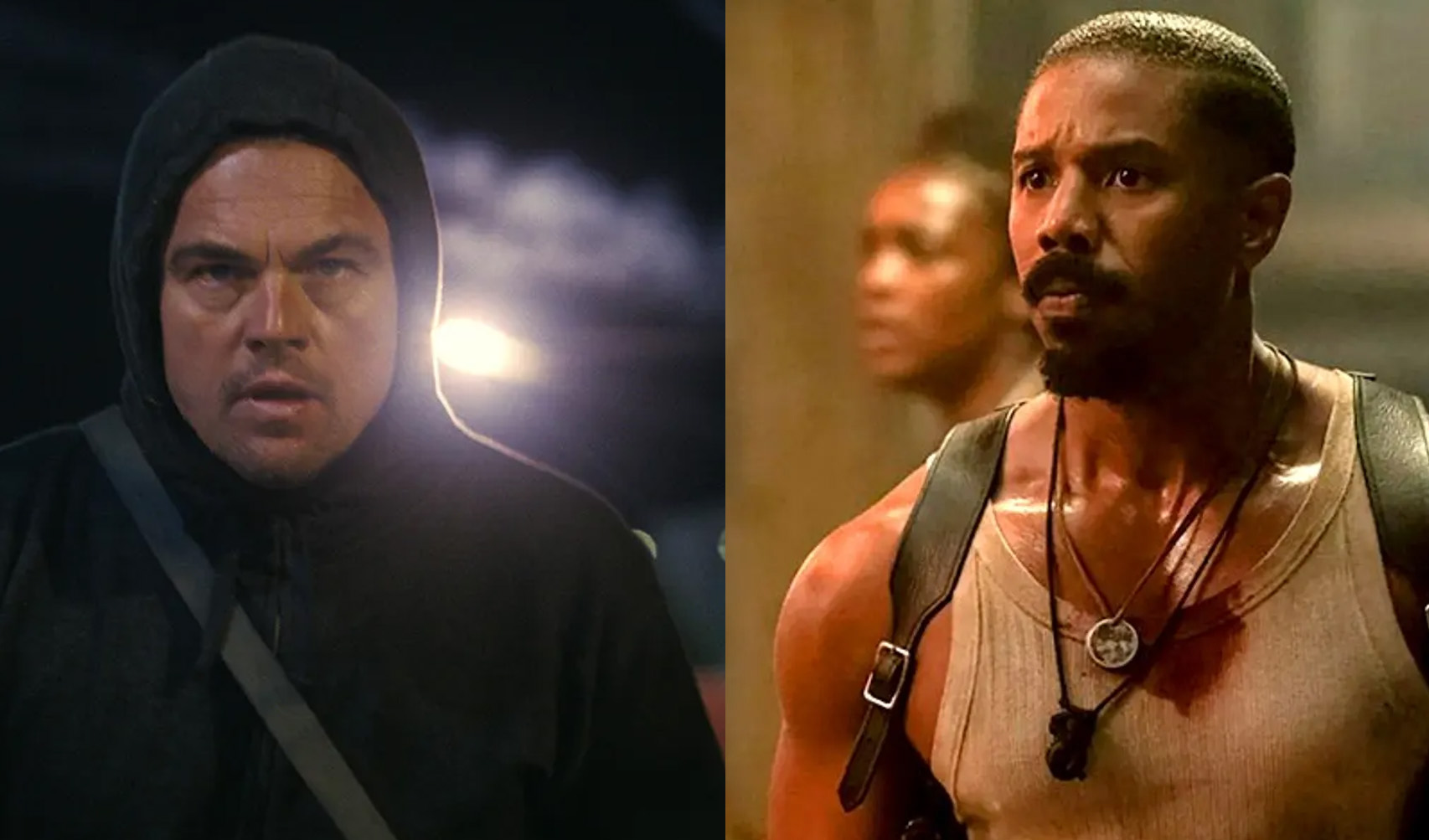(SPOILERS)
Another generation had its unbearable lightness. In 12 Years a Slave, we repeatedly bear witness to an unbearable stillness. A few times, it’s a tableau of a group of slaves seen from the waist up, ostensibly awaiting instructions. Another few times, it’s a close shot on the thoughtful visage of Solomon Northup (Chiwetel Ejiofor). Once, it’s him calling for help as the camera pans up to a sedate U.S. Capitol building, pinprick-sized curls of smoke mutely confirming that the trading of flesh is just ongoing business as usual. Later, now famously, it’s a wide shot of him dangling from a tree branch by a noose, his feet scraping the ground just enough to survive, as we the audience wait to exhale.
Most often, the story’s stillness is represented by a twilight shot of unmoving Louisiana willows. Some may say that the meaning of those trees is that they are still somewhere in Louisiana, young by tree standards, and able to bear witness to atrocities that many Americans consider more distant than the era before gunpowder and printed books. I see the trees as part of the stillness. Of course, slavery was marked by spasms of unthinkable violence, and the film hardly ignores that, but the film’s motifs demonstrate that to live with slavery was to live frozen. In this film, in these 1840s, slavery is immutable, like malaria or fields that need plowing. It’s always been around; it will always be around. Sure, people like the character Bass, played by Brad Pitt, will speak of a day of reckoning, but don’t we have those people today, warning of unsustainability in whatever area? (And what a way to underline that point, by casting today’s most famous man.) Here, Northup has been dropped into a calcified situation, like a prehistoric mosquito set in amber.
Are there any birds in 12 Years a Slave? If so, I missed them in those many outdoor shots. Since at least the Bible, storytellers have used birds as shorthand for freedom, beasts as shorthand for righteous lifelong servitude. In this film, cottonworms make an elaborate appearance, but horses and pigs are barely seen. (Solomon’s plot-crucial journey from Saratoga to Washington is covered in one shot of a carriage, or what was then called a cab; we don’t see its horses.) The minimizing of visible animals as natural metaphor seems to me a conscious choice, one that’s kinder to the film’s white characters than the story needed to be. These people aren’t like birds nor dogs; on some level, they’re all trapped in this antebellum system. Too, the absence of animals underlines the point that this film is about a human problem – not to be resolved by anyone else in the Great Chain of Being.
Never before have filmmakers shown us the unbearable stillness of slavery. Most reviews don’t comment on it, except for Mark Harris, who says that director Steve McQueen’s “use of stillness and painterly composition is, at different moments, the strength of 12 Years and its weakness” and goes on to call McQueen “a Kubrickian control freak. His camera never catches anything by accident; he doesn’t leave room for surprise.” Perhaps Harris was thinking of the airlock-tight Wes Anderson. There are surprises aplenty in 12 Years, but what Harris doesn’t even countenance is that the stillness has thematic purpose (unlike Kubrick’s most indulgent moments). The characters are frozen even – especially – when they’re not shackled. McQueen’s film carefully captures the terrible reality of being captured: most of the time, you’re not actually in chains, metaphoric or otherwise, yet you’re in an awkwardly calm purgatory all the same. The extent to which the film convinces you of a disquieting “new normal” is the extent to which it’s exceptional.
Director Steve McQueen uses people who’ve been known to carry their own films – Michael Fassbender, Paul Giamatti, Benedict Cumberbatch, Alfre Woodard, Brad Pitt – and shows them almost ceaselessly doing things (even Woodard is maintaining a tea party using an odd cognitive dissonance). Mark Harris missed this, but it’s as though the stars are having their own films, controlling their own lives, while Chiwetel Ejiofor can’t control his. McQueen, a visual artist before he was a director, has set video monitors in the rest of the rooms of his gallery, so that you will be more held fast by the painting in the main room.
Some of the press on the film strikes me as a bit unfair to previous efforts, particularly the Roots mini-series; it’s not as though cinema has never shown slavery from the slave’s perspective. But Kunta Kinte was going places, his family’s situation changing over generations; by contrast, Solomon is waiting for Godot. Unlike Didi and Gogo, Solomon was forced into this situation by injustice and violence. It’s hardly fair to knock the film for ignoring the news of the day, like organized slave rebellions and the Compromise of 1850. One might as well complain that the woman in the well in The Silence of the Lambs should have heard about the Gulf War. These characters are paralyzed; signs of change haven’t come to this part of Louisiana. If we know history, we know that’s hardly unrealistic.
All outstanding films rely partly on timing. No sequel to a classic can wait twenty years and expect to capture lightning in a bottle again (see: Godfather, Star Wars, Wizard of Oz, etc.). Hollywood did 12 Years a Slave a tremendous favor by promoting, releasing, and succeeding with Lincoln, Les Miserables, and Django Unchained a year ago. Had 12 Years a Slave been released two years ago, the reaction might have been, “why are you bringing all this up?” Instead, McQueen and John Ridley (the co-writer) can reply to those three films, and with something like, “did you say you wanted to discuss SLAAAAAAAAAAvery?” But let’s not throw 1/3 of last year’s Best Picture nominees under the horse-cab too quickly, especially not the now-much-maligned Django Unchained. I can’t count the number of articles that counted Tarantino’s use of the n-word. I have yet to find one that counts 12 Years’s – well, besides mine. (12 Years used the n-word about 2/3 as much as Django.) Tarantino’s revenge fantasy did McQueen a great favor by whetting our appetite for the reality. Because Django was permitted to finish like Dirty Harry, it’s easier for us to accept Solomon as later-era Clint Eastwood, where every life is precious.
12 Years a Slave is well-timed for a much more important reason. Let’s give credit to Spielberg for seeing the current shenanigans in our nation’s capital and unraveling a tale that glorifies the sausage-making that will eventually get us out of it. Spielberg is at the end of the tunnel, shining a light that we can barely see in the distance. But McQueen is in the tunnel with us, holding up a mirror. The quotidian quality of much of the film parallels our own “new normal.” We are stuck, as the latest self-inflicted crises only confirm, by our own human choices. Despite our best efforts, we cannot really imagine a way out, short of death and destruction. We are Solomon and Patsey and even Epps.
Finally, I’ve read complaints that the film is too episodic, too picaresque; this strikes me as a gross mis-reading. Solomon Northup is branded and saddled into inertia, but he isn’t utterly entropic; Ejiofor’s dinner-plate eyes are always on the prize. He tries to avail himself of opportunities for freedom – he pushes back against unfair masters, he attempts to run away, he takes a white man into his confidence and is almost destroyed for his efforts. But no, this story doesn’t begin with him as a post-deliverance narrator, steadily building up to the moment of his return home. The title tells you that he will return (or die), and that’s all you need. Instead, along with the occasional, almost random bursts of terror, you are stymied just as Northup was stymied. In a medium defined by narrative arcs, like Northup, you are arrested. In a country defined by freedom, like Northup, you are trapped. That is why 12 Years a Slave is a great film unlike any other, and as necessary for understanding our nation as any film can be.
====
Read more of Daniel Smith-Rowsey‘s work at his blog, Map to the Future.














